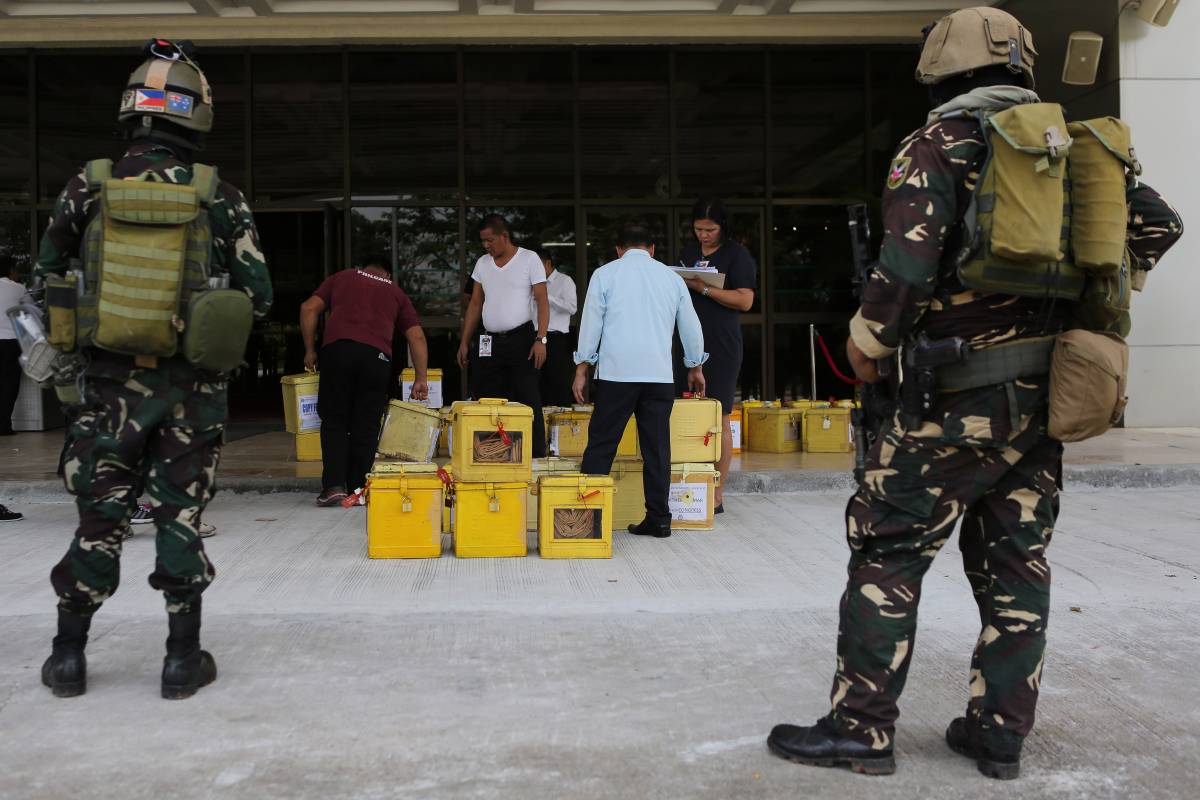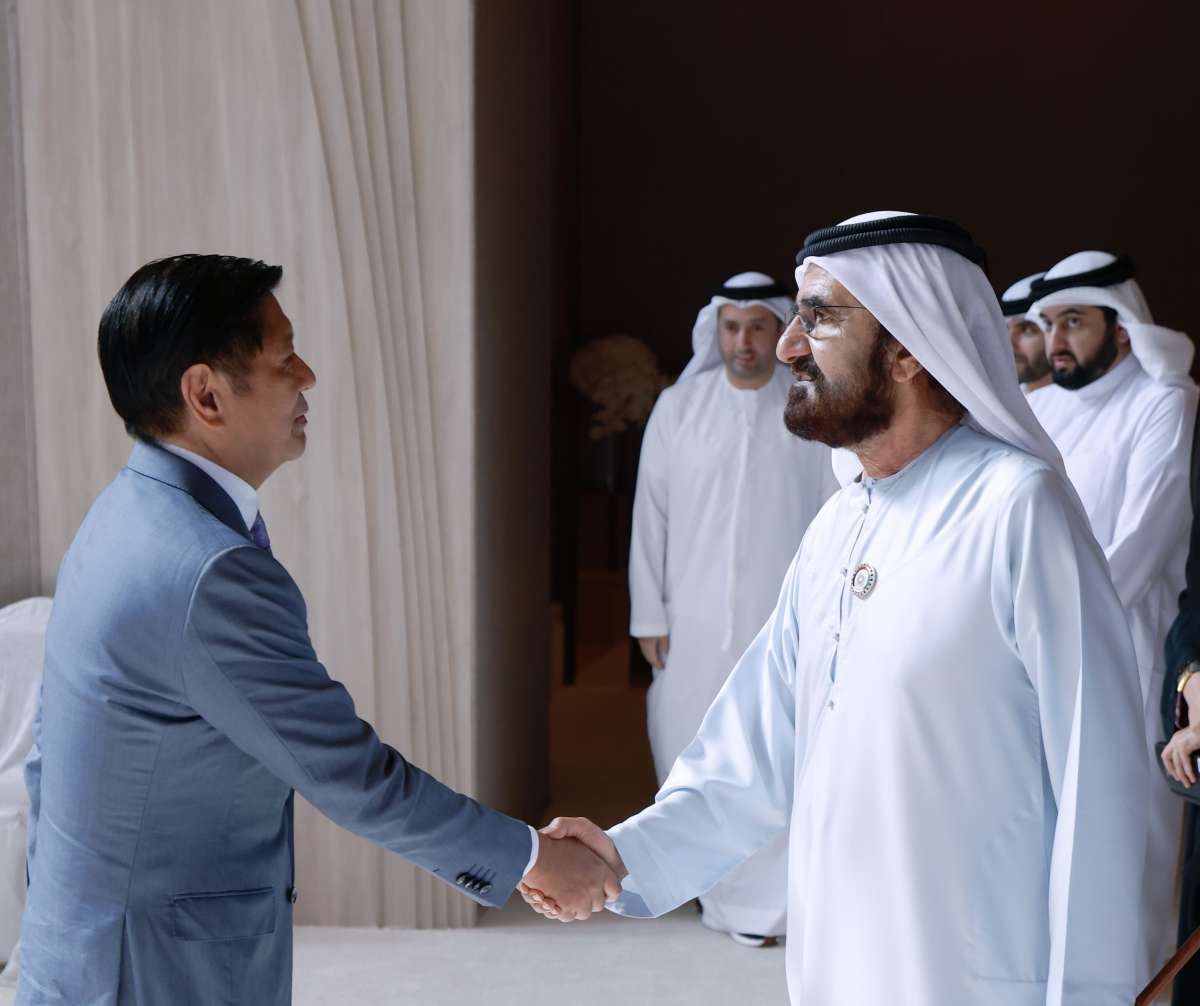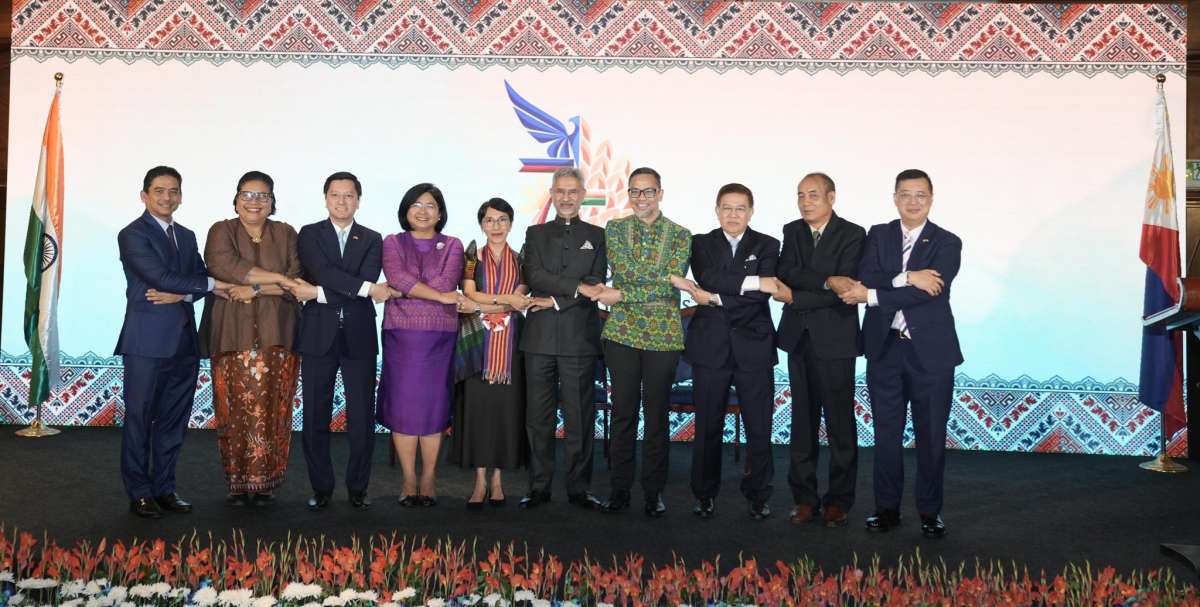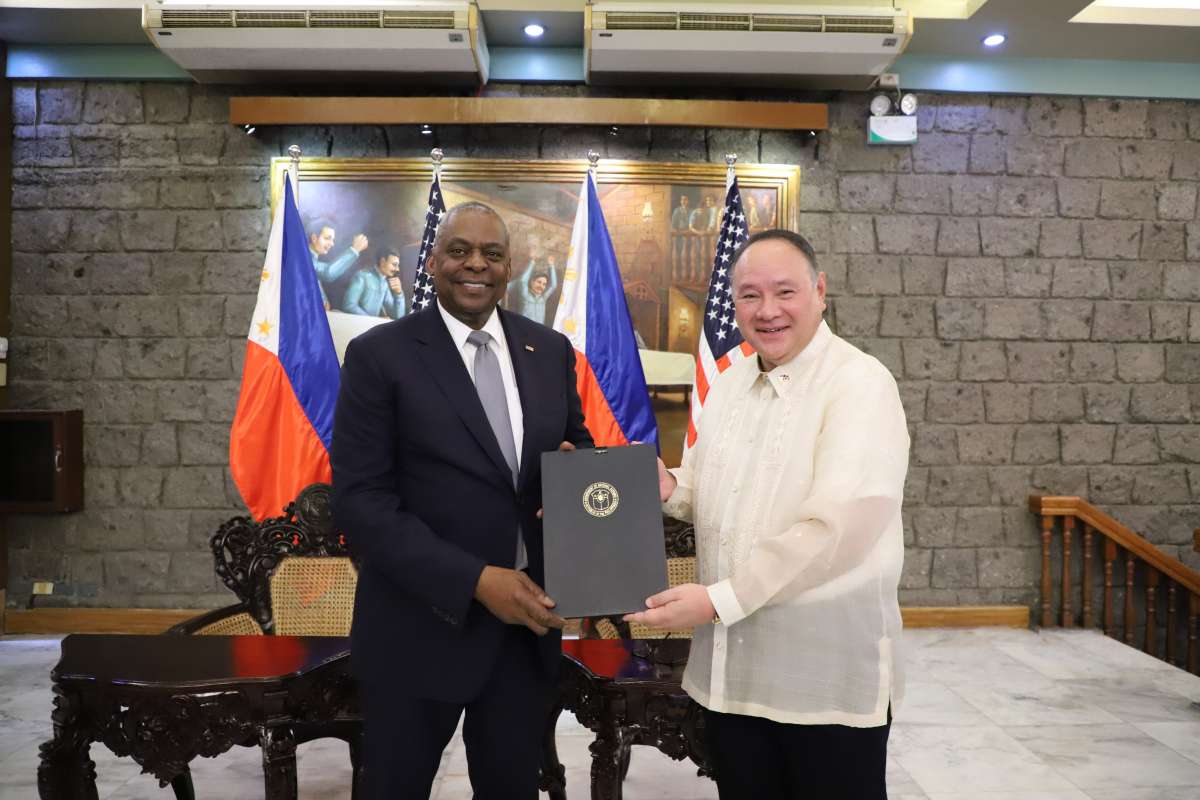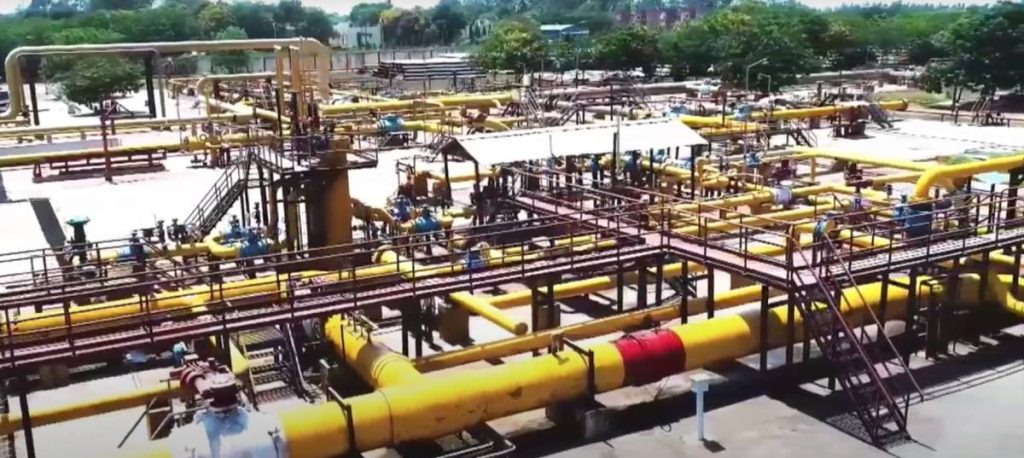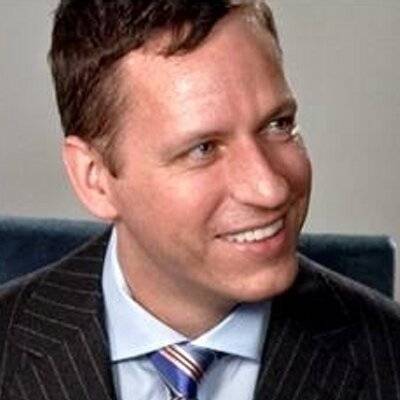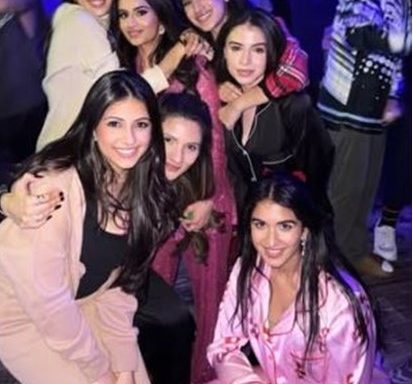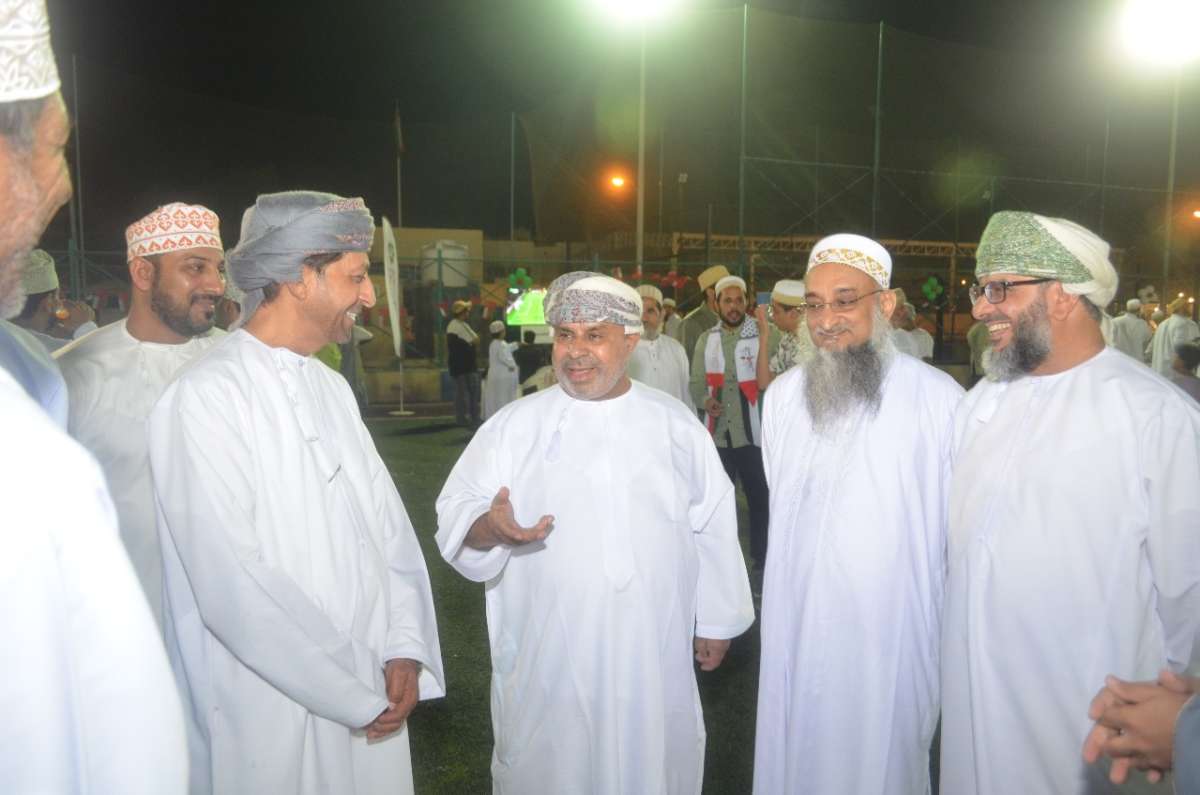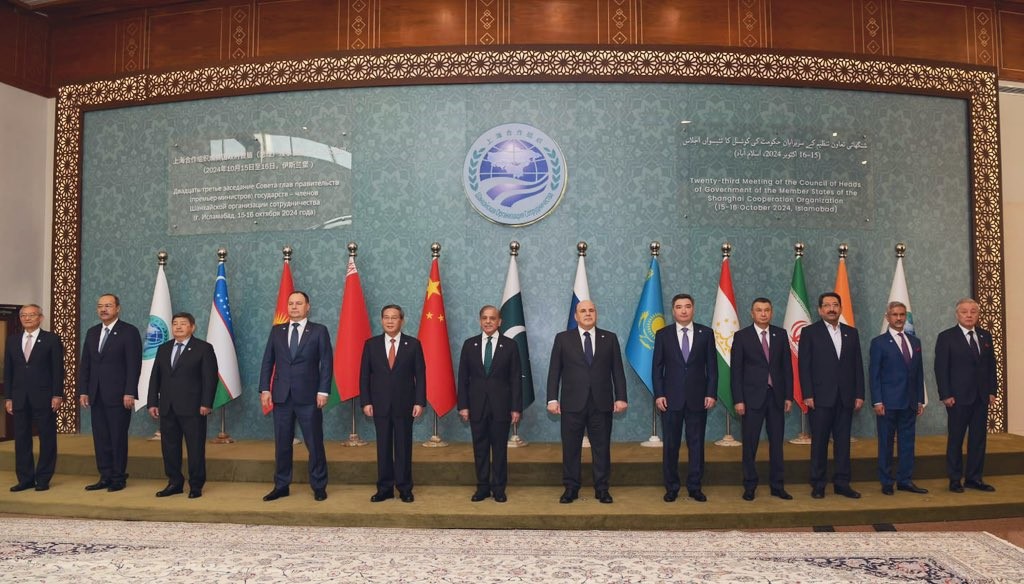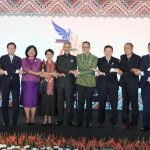At least 67.5 million Filipinos have registered to vote, including 1.8 million voters overseas…reports Asian Lite News
Campaign for presidential election formally kicked off in the Philippines on Tuesday, three months ahead of the voting on May 9 to choose a new President that will lead this Southeast Asian country in the next six years.
At least 67.5 million Filipinos have registered to vote, including 1.8 million voters overseas, reports Xinhua news agency.
They will also elect the vice president, about 300 lawmakers, and over 18,000 positions as local officials.
There are 10 presidential candidates and nine candidates for the Vice President.
According to surveys, Ferdinand Marcos Jr., 64, the son of former President Ferdinand Marcos, is leading in the opinion polls. Trailing behind him are 56-year-old incumbent Vice President Maria Leonor Robredo, Manila City Mayor Francisco Domagoso, Senator Manny Pacquiao, Senator Panfilo Lacson, and five others.
In the Philippines, the President and Vice Pesident are elected separately.
Davao City Mayor Sara Duterte-Carpio, 43, daughter of President Rodrigo Duterte, will run for vice president as the running mate of Marcos Jr..
Duterte, whose six-year term ends in June, has yet to endorse any presidential candidate.
Like in past elections, some candidates already started campaigning on television, social media, and radio months before the campaign season started.
As early as October, presidential aspirants have begun crisscrossing the archipelago to dole out goodies and cash, launch TV promotions and roll out social media advertising programs.
The candidates’ names and pictures are displayed on giant billboards along major highways.
However, unlike in the past, the candidates are not expected to barnstorm cities and towns, croon love songs, hug babies, and dance on stage to win votes.
ALSO READ: Lebanese President denies claims delay in parliamentary elections
The Commission on Elections has imposed restrictions in order to contain the spread of Covid-19, barring politicians from entering houses, crowding, handshakes, hugs, kissing, or any actions that involve physical contact.
Even taking selfies and photographs, activities that require proximity with people, as well as distribution of food and drinks are prohibited.
With the Covid-19 threat, the candidates are expected to be more prominent in digital platforms and hire social media savvy advisers to woo the youth, who comprise more than half of the total registered voters.
Meanwhile, the crescendo of campaign rhetoric and mudslinging is also expected to intensify in the coming days as the three-month campaign unfolds.
